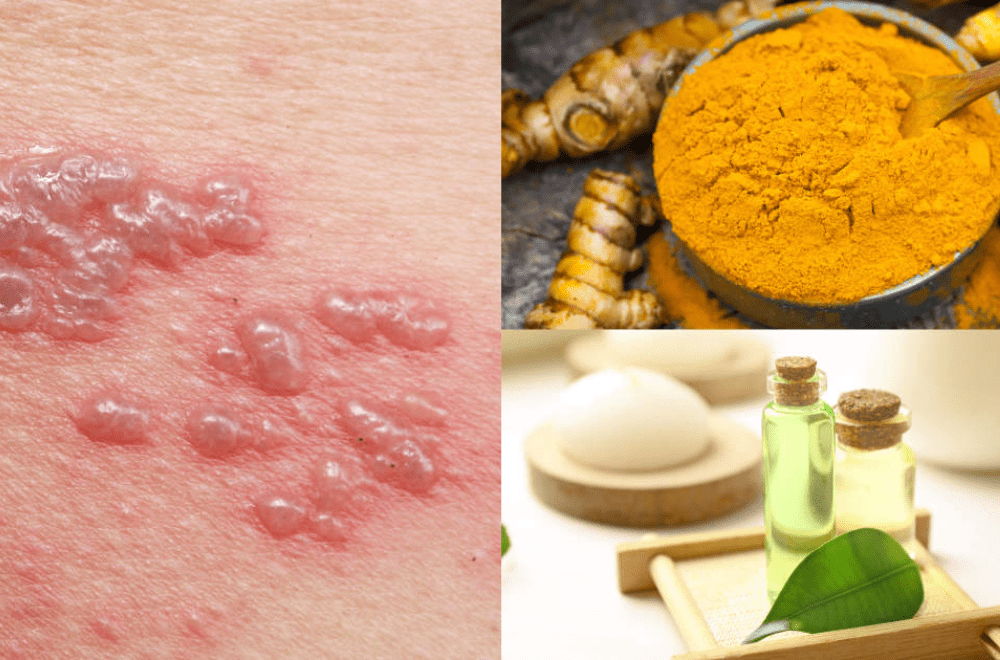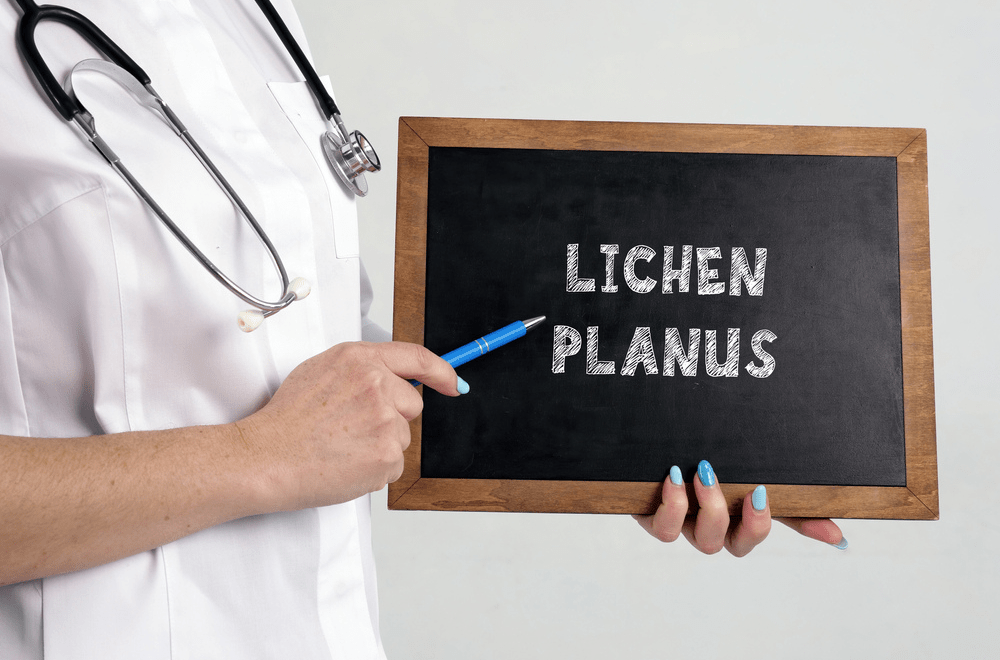Lichen planus is a chronic inflammatory skin condition that affects the skin, mucous membranes, nails, and scalp. It is characterized by itchy, flat-topped, and purplish-colored bumps that may cause discomfort and irritation. While medical treatments are available for lichen planus, many individuals prefer to explore natural remedies that can alleviate the symptoms and promote healing. In this article, we will discuss some effective home remedies for lichen planus and provide step-by-step instructions on how to use them.
Causes and Symptoms of Lichen Planus
The exact cause of lichen planus is still unknown, but certain factors may contribute to its development. These include autoimmune disorders, viral infections, certain medications, and genetic predispositions. The symptoms of lichen planus may vary depending on the affected area but commonly include itchy and flat-topped bumps, shiny or scaly skin, nail abnormalities, and ulcers in the mouth or genitals.
Home Remedies for Lichen Planus
While there is no definitive cure for lichen planus, several home remedies can help alleviate the symptoms and promote healing. It is important to note that these remedies may not work for everyone, and consulting a healthcare professional is recommended for proper diagnosis and treatment. Here are some effective home remedies for lichen planus:

- Aloe Vera Gel
Aloe vera gel has soothing and anti-inflammatory properties that can provide relief from itching and inflammation caused by lichen planus. Extract fresh gel from an aloe vera leaf and apply it directly to the affected areas. Leave it on for 20-30 minutes, and then rinse it off with water. Repeat this process 2-3 times a day for optimal results.
- Coconut Oil
Coconut oil is known for its moisturizing and anti-inflammatory properties, which can help alleviate the dryness and itching associated with lichen planus. Gently massage organic coconut oil onto the affected areas and leave it on for a few hours or overnight. Repeat this process daily until you experience relief from the symptoms.
- Oatmeal Baths
Taking oatmeal baths can provide relief from itching and soothe the inflamed skin caused by lichen planus. Add colloidal oatmeal to a bathtub filled with warm water and soak in it for 15–20 minutes. Pat dries your skin after the bath and apply a moisturizer. Repeat this remedy 2-3 times a week.
- Turmeric Paste
Turmeric has anti-inflammatory and antioxidant properties that can help reduce inflammation and promote healing of lichen planus lesions. Mix turmeric powder with a small amount of water to create a paste. Apply the paste to the affected areas and leave it on for 30 minutes before rinsing off. Repeat this process daily until you see improvement.
- Apple Cider Vinegar
Apple cider vinegar possesses antimicrobial and anti-inflammatory properties that can help alleviate the symptoms of lichen planus. Dilute raw, unfiltered apple cider vinegar with equal parts of water and apply it to the affected areas using a cotton ball. Leave it on for 15-20 minutes, and then rinse it off with water. Repeat this process 2-3 times a day.
- Honey
Honey has natural antibacterial and anti-inflammatory properties that can help soothe the skin and promote healing. Apply raw honey directly to the affected areas and leave it on for 30 minutes. Rinse off with lukewarm water and repeat this remedy twice daily for effective results.
- Baking Soda
Baking soda can help relieve itching and inflammation caused by lichen planus. Mix baking soda with water to create a paste and apply it to the affected areas. Leave it on for 10-15 minutes, and then rinse it off with water. Repeat this process once daily until you find relief from the symptoms.
- Chamomile Tea
Chamomile tea has anti-inflammatory and soothing properties that can provide relief from itching and inflammation associated with lichen planus. Brew chamomile tea and let it cool. Apply the cooled tea to the affected areas using a cotton ball or washcloth. Leave it on for 15-20 minutes, and then rinse it off. Repeat this process 2-3 times a day.
- Cold Compress
Applying a cold compress can help reduce the itching and inflammation caused by lichen planus. Take a clean washcloth and soak it in cold water. Wring out the excess water and gently place the cold compress on the affected areas for 10-15 minutes. Repeat this remedy several times a day, as needed.
- Maintain Good Oral Hygiene
If lichen planus affects your mouth, it is essential to maintain good oral hygiene. Brush your teeth twice a day with a soft-bristled toothbrush and use a gentle mouthwash recommended by your dentist. Avoid spicy or acidic foods that may irritate the mouth. Rinse your mouth with saltwater or a baking soda solution for added relief.
- Avoid Triggering Factors
Identify and avoid triggering factors that may worsen lichen planus symptoms. These can vary from person to person but may include certain foods, stress, smoking, and alcohol. Keeping a journal to track your symptoms and potential triggers can help you identify patterns and make necessary lifestyle changes.
- Stay Hydrated
Drinking an adequate amount of water can help keep your skin and mucous membranes hydrated, reducing the severity of lichen planus symptoms. Aim to drink at least 8 glasses of water per day and increase your fluid intake during hot weather or physical activity.
- Stress Management
Stress can exacerbate lichen planus symptoms. Practice stress management techniques such as deep breathing exercises, meditation, yoga, or engaging in activities you enjoy. Getting enough sleep and maintaining a balanced lifestyle can also help reduce stress levels.
- Healthy Diet and Supplements
Maintaining a healthy diet rich in fruits, vegetables, whole grains, and lean proteins can support overall skin health and boost your immune system. Consider incorporating foods that are high in antioxidants, such as berries, spinach, and nuts. Additionally, consult with a healthcare professional or a registered dietitian to discuss potential supplements that may benefit your specific condition.
In conclusion, lichen planus is a chronic inflammatory condition that can be managed with various home remedies. Aloe vera gel, coconut oil, oatmeal baths, turmeric paste, apple cider vinegar, honey, baking soda, chamomile tea, cold compress, and maintaining good oral hygiene are some effective remedies to alleviate the symptoms. It is important to remember that results may vary, and consulting a healthcare professional is recommended for personalized advice.

